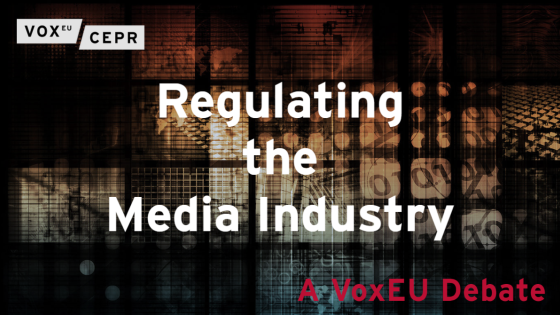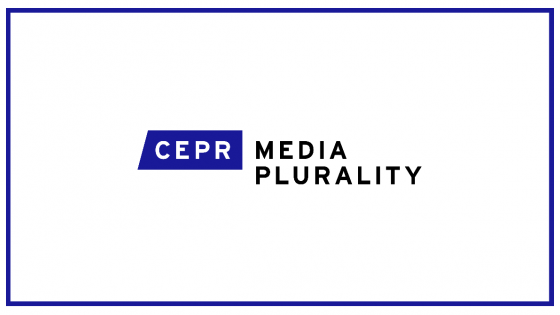In France, the two biggest private broadcasters, TF1 and M6 Group, have proposed a merger plan, the official goal of which was to fend off the rise of U.S. streaming platforms. Due to the antitrust requests the merger was abandoned, but the prospect of a consolidation between two media groups of such size should make us question the optimal concentration regulation in the age of global platforms. If successful, the deal would indeed have redefined competition rules related to the advertising market, creating a precedent in Europe.
The market power of global digital platforms does indeed weaken existing national regulations. Very often, rules that are imposed on national players do not apply – or not to the same extent – to the platforms; this is particularly striking for example if one considers the investment obligations of audiovisual services (despite the 2018 review of the Audiovisual Media Services Directive at the European Union level). Importantly, this reinforces the power imbalance in favour of transnational actors.
From the point of view of antitrust, the market power of global platforms raises a number of new challenges, in particular given that the media industry is different from other industries: it indeed produces a public good, “information”. Access to high-quality independent information is one of the essential foundations of a democratic society, in particular given that information plays a key role in elections. But regulating this industry is made particularly difficult due to the fact that media owners face both profit and political motives. With the rise of the platforms, the existing business model of the media industry has been weakened, with a drop in particular in the advertising revenues that were previously relied upon by a number of traditional actors. Hence, political motivations often seem to prevail over a purely industrial approach of the sector.
At the EU level, the discussions about new regulations, particularly the Digital Markets Act (DMA) and the Digital Services Act (DSA), have played a very important role in recent years. However, many observers already consider these regulations to be useful but insufficient. The same criticism applies to the recently introduced proposal for a European Media Freedom Act (EMFA).
There is a great deal of work that need to be done on how to ensure media plurality, in particular regarding the rules that should regulate media concentration. Anti-trust regulators play a key role here, and they face major challenges due to the rising competition coming from global actors (social media, search platforms and VOD services) that raises a number of issues, in particular regarding the definition of the “relevant market”.
The key question – for both economists and lawyers – is to determine how one could efficiently regulate the media industry at the local/national level when important players on the market are global firms. For example, foreign ownership restrictions in the media industry exist in a number of countries – but while they apply to print and broadcasters, they do not apply to platforms such as YouTube, despite this social media platform being one of the most popular sources of information. Similarly, take the introduction of a new media regulation, the goal of which was to democratise media governance or to limit the number of capital shares and/or votes a single shareholder can have in a media outlet. One of the central challenges in the future will be to determine how to ensure that such a regulation will apply to both national and global firms.
As part of the activity of the CEPR Media Plurality Research and Policy Network (RPN), this debate aims to gather policy-relevant research on the news media ownership rules and antitrust laws in the age of digital platforms. Frontier research, which can help inform these critical policy debates for the years to come, is welcome. Please submit your contributions by email to [email protected].



